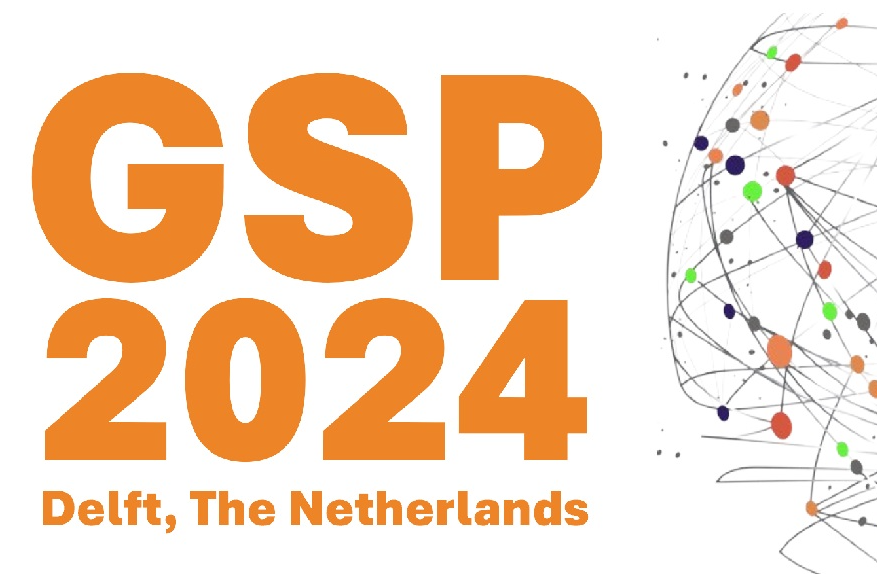Agenda
MSc SS Thesis Presentation
- Monday, 16 July 2018
- 14:00-15:00
- HB 17.150
Impedance-based bioassay for characterization of single malignant melanoma cancer cells usinG CMOS-MEA systems
Makrina Sekeri
Malignant Melanoma (MM) is the most aggressive type of skin-cancer. Current diagnostic tools for the detection of malignancies of the skin (MM cancer) include histological, optical, ultrasound, and impedance-based techniques. The inadequacies of the first three practices are overwhelmed by the Electrical Impedance Spectroscopy (EIS) method. EIS overcomes reported spatiotemporal tradeoffs as a label-free and optics-free analytical method. Yet, MM’s enhanced heterogeneity and metastatic potential still results in misdiagnosis, or late diagnosis leading to stages characterized by high mortality rates. Important biological information and processing ability on single-cell level is missing. Single-cell dynamics recorded with a high-throughput system, contain important biological information on the heterogeneous subpopulations which are responsible for the MM aggressiveness.
This project aims to investigate experimentally the possibility and capabilities of such a bioassay development, create working protocols and generate a fundamental basis for analysis and interpretation of the big-data-sets which derive from Impedance monitoring from a high-throughput transducer.
Experiments were performed, employing two diverse, human-derived, MM cancer cell-lines, and using a high-throughput HD-MEA system with a 1024-channel impedance readout unit developed at IMEC, in Belgium. The measurements were realized at 1kHz aiming to extract Rseal information. The main proposal presents an experimental protocol of mid-term and long-term experiments Temporal and spatial resolutions were enhanced (Control System Automation), allowing for implementation of an experimental set to test the assay’s capabilities and determine any necessary additions to make the assay more robust for research (i.e. Z-Map, templates and scripts for OriginLab and Matlab, statistical methods for validation of findings on the big-data sets, optimizations in the experimental process, etc).
Additional information ...Agenda
- Thu, 25 Apr 2024
- 15:30
- EEMCS, Snijderszaal
Microelectronics colloquium

Achilleas Savva
Regenerative Bioelectronic Technologies - #ReBooT
'Regenerative Bioelectronics' merges insights from two distinct research domains: stem cell-based regenerative medicine and bioelectronic engineering. The great therapeutic potential of stem cells to give solutions to untreated neurological disorders, has recently been verified by clinical trials in human
- Mon, 6 May 2024
- 12:30
- Aula Senaatszaal
PhD Thesis Defence

Christoph Manss
Multi-agent exploration under sparsity constraints
- Tue, 21 May 2024
- 10:00
- Aula Senaatszaal
PhD Thesis Defence

Wangyang Yu
- 27 -- 28 May 2024
- Aula, TU Delft
Conferences

44th Benelux Symposium on Information Theory and Signal Processing (SITB'24, Delft)
- Tue, 18 Jun 2024
- 15:00
- Aula Senaatszaal
PhD Thesis Defence

Hanie Moghaddasi
Model-based feature engineering of atrial fibrillation
- Mon, 24 Jun 2024
- Aula, TU Delft
Conferences

7th Graph Signal Processing Workshop (GSP 2024)
- Wed, 10 Jul 2024
- 10:00
- Aula Senaatszaal
PhD Thesis Defence
